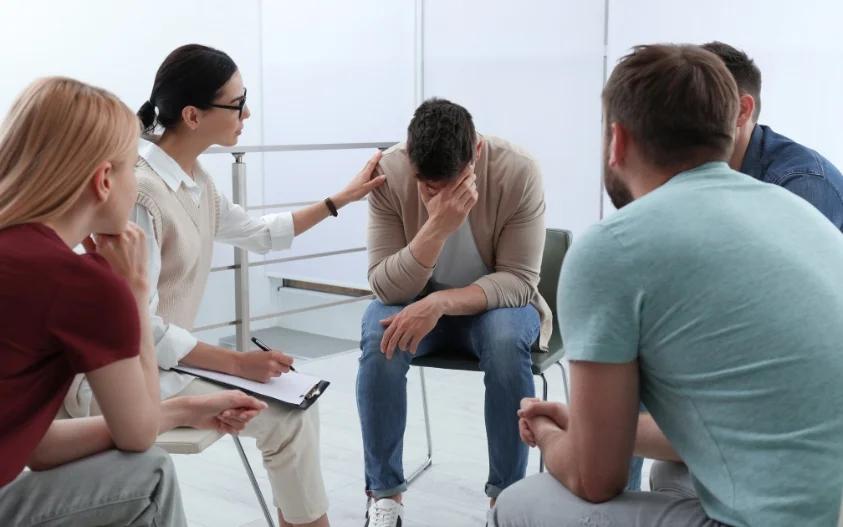24/7 Helpline:
(866) 899-111424/7 Helpline:
(866) 899-1114
Learn more about Ecstasy Rehab centers in Pacific Palisades
Ecstasy Rehab in Other Cities

Greenfield Lodge – Men’s Sober Living
Greenfield Lodge – Men’s Sober Living is a private rehab located in Pacific Palisades, California. G...

Bridges to Recovery
Bridges to Recovery is a private rehab located in Pacific Palisades, California. Bridges to Recovery...



















Other Categories
Other Insurance Options

MHNNet Behavioral Health

Access to Recovery (ATR) Voucher

Lucent

MVP Healthcare

Self-pay options

Regence

Meritain

BHS | Behavioral Health Systems

Excellus

EmblemHealth

Cigna

Kaiser Permanente

GEHA

Evernorth

UMR

Anthem

Sutter

Carleon

Health Net

Magellan Health